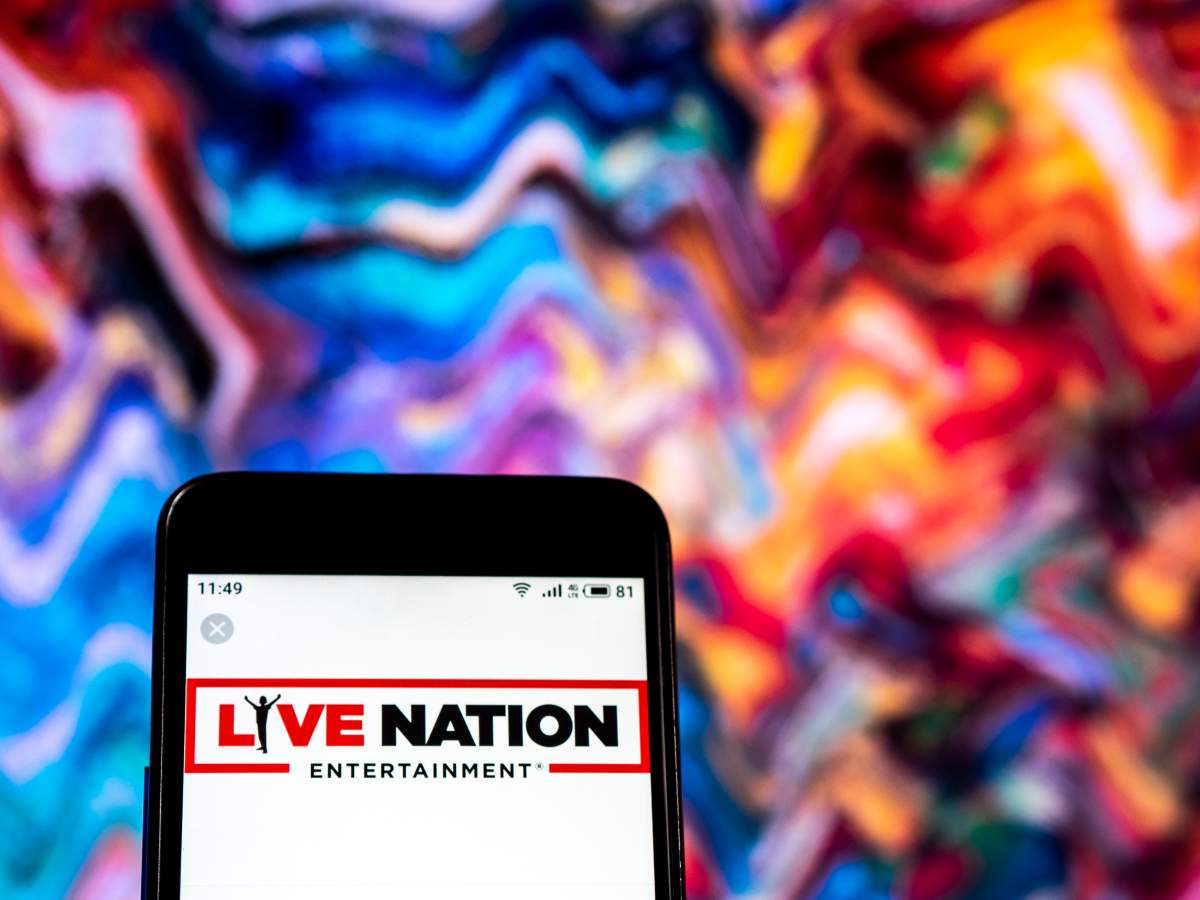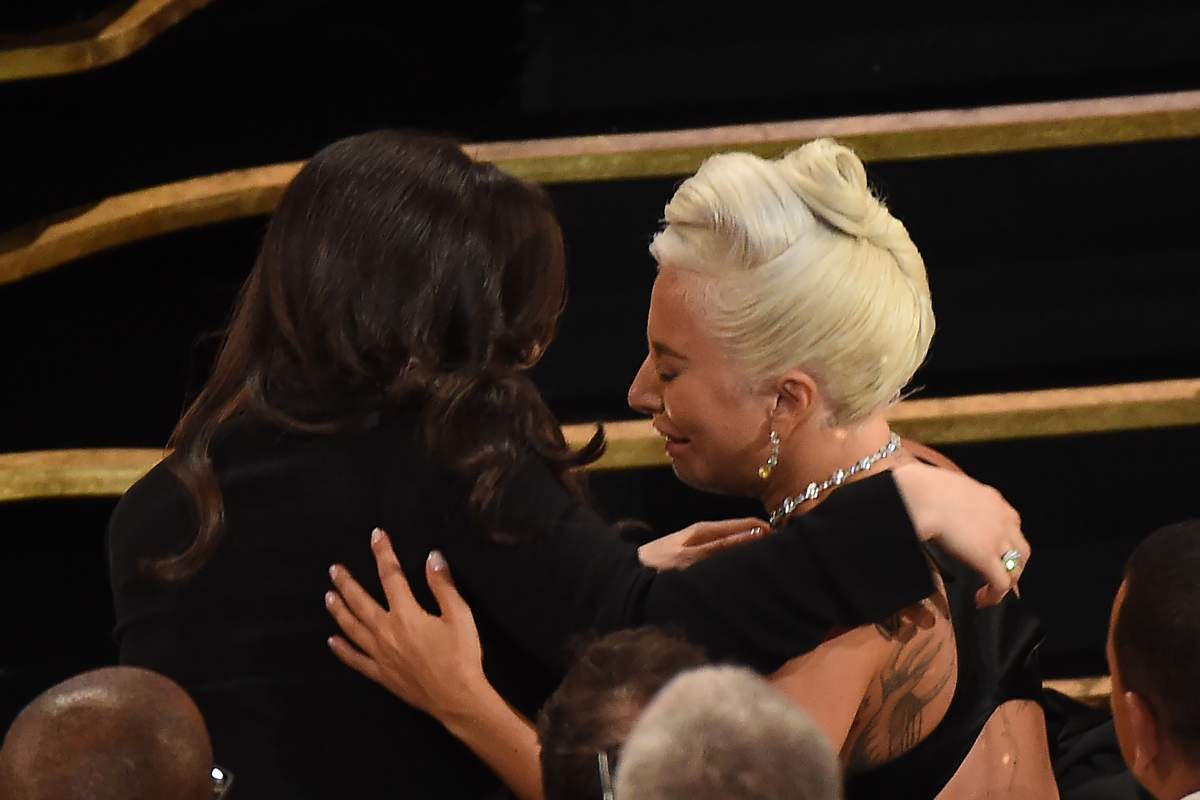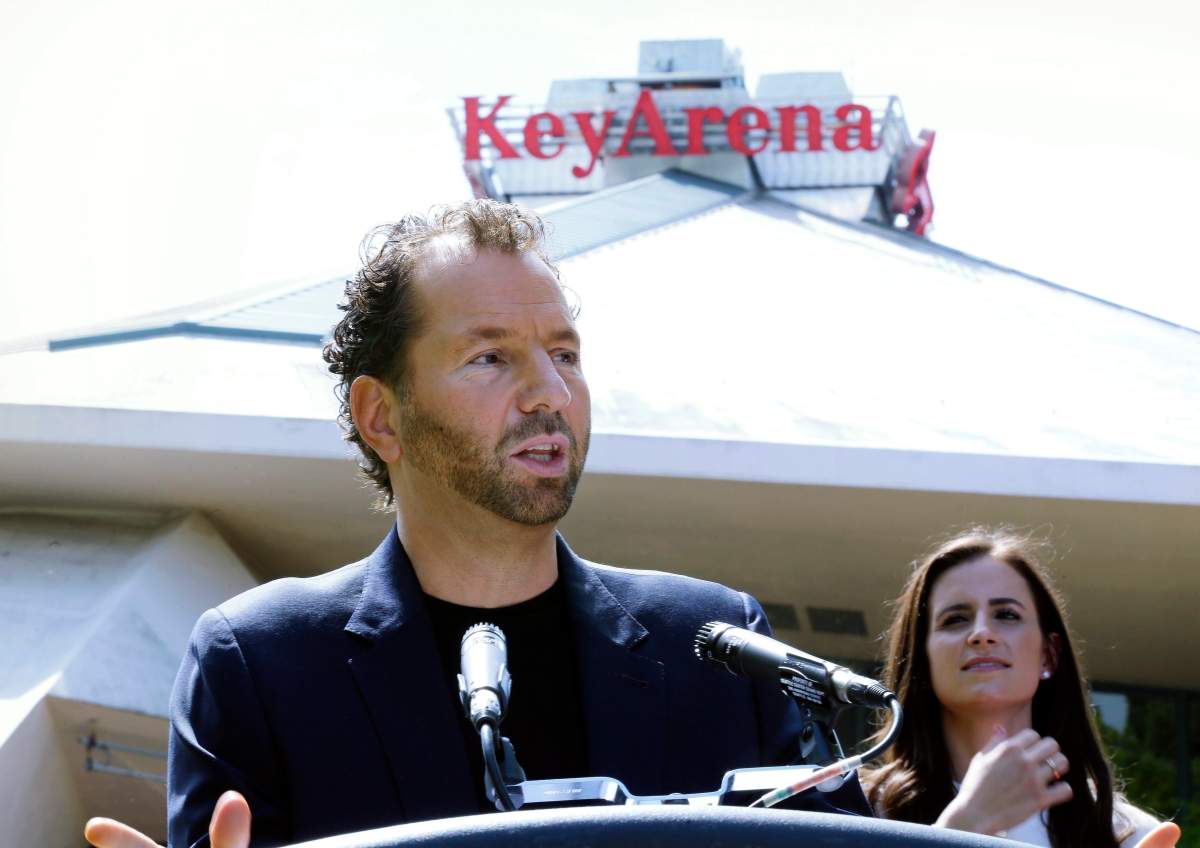It’s been more than three months now since the ongoing COVID-19 pandemic began making a heavy impact on the global entertainment industry, and with no real end in sight, companies are struggling more and more every day to stay afloat with a lack of business brought upon by social distancing regulations and the risk of spreading the life-threatening virus.

With most of this year’s live events — most notably music concerts — either cancelled or postponed until sometime next year, North America’s biggest live entertainment company, Live Nation, seems to have been struggling with the repercussions of the novel coronavirus perhaps the most out of any major corportation.
Seemingly in response to the economic crisis, Live Nation announced some significant financial adjustments to its contracts with artists earlier this week.
The changed policies, however, appear to shift any potential financial burden to these artists.
As seen in a memo obtained by Rolling Stone on Wednesday, Live Nation will start reducing overall payments towards its artists in a variety of different ways in 2021 — including a plan to drop their guaranteed profits by 20 per cent.
Addressing this, a statement from the company reads: “The global pandemic has changed the world in recent months and with it the dynamics of the music industry. We are in unprecedented times and must adequately account for the shift in market demand, the exponential rise of certain costs and the overall increase of uncertainty that affects our mission.”
More changes from the multimedia giant also require that artists “maintain” their own cancellation insurance, as Live Nation, or “the promoter” is reportedly not responsible to pay the artists if there are any sort of cancellations, including those that relate to “weather or a force majeure.”
On top of that, Live Nation said that if an artist breaches an agreement and decides to cancel a performance themselves, they will owe the promoter “two times the artist’s (initial) fee.”

Get breaking National news
As opposed to the 100 per cent monetary guarantee artists typically get after a show is cancelled as a result of poor ticket sales, they will now only receive 25 per cent, as per Live Nation’s memo.
For artists performing at festivals, they will now be responsible for their own airfare and accommodations, according to the company. They will also be required to help market the festival(s) with a “minimum social media posting requirement.”
Among many other changes, artists will now be forced to grant permission for their sets to be streamed online or in a broadcast if they want to perform at a festival. They will also only receive 70 per cent of their merchandise sales.
Additionally, Live Nation made a point of mentioning that their often-expensive “ticket prices are set by the promoter,” and not the artist — which doesn’t even account for Ticketmaster’s widely-loathed surge-pricing system.
“We did not make these changes without serious consideration. In order for us to move forward, we must make certain changes to our agreements with the artists,” Live Nation concluded in its statement, once again acknowledging the drastic nature of the policy changes.
Despite the uncertainty surrounding the future of live entertainment, Live Nation CEO Michael Rapino shared his vision for having venues fully operation by 2021 — when the company’s recent changes will officially take affect.
Before worldwide operations are back at “full scale,” however, the Ontario-born businessman said the company will “start slow” by spending the next six months “testing regionally” with “smaller” and more “secure” events like “fan-less” concert broadcasts.
On whether putting on smaller-scale shows would run a financial risk to Live Nation, Rapino, 54, said that the company could survive financially for the rest of the year if need be without hosting any events, despire its 20 per cent plummet in revenue.
Reiterating the corporation’s overall comeback strategy, Rapino concluded: “Our goal is to (have all events back on) sale in the third and fourth quarters for 2021 (to be back) at full scale.”
Global News has reached out to a representative of Live Nation seeking further comment regarding their recent policy changes.
Questions about COVID-19? Here are some things you need to know:
Symptoms can include fever, cough and difficulty breathing — very similar to a cold or flu. Some people can develop a more severe illness. People most at risk of this include older adults and people with severe chronic medical conditions like heart, lung or kidney disease. If you develop symptoms, contact public health authorities.

To prevent the virus from spreading, experts recommend frequent handwashing and coughing into your sleeve. They also recommend minimizing contact with others, staying home as much as possible and maintaining a distance of two metres from other people if you go out.
In situations where you can’t keep a safe distance from others, public health officials recommend the use of a non-medical face mask or covering to prevent spreading the respiratory droplets that can carry the virus.
For full COVID-19 coverage from Global News, click here.
—












Comments
Want to discuss? Please read our Commenting Policy first.